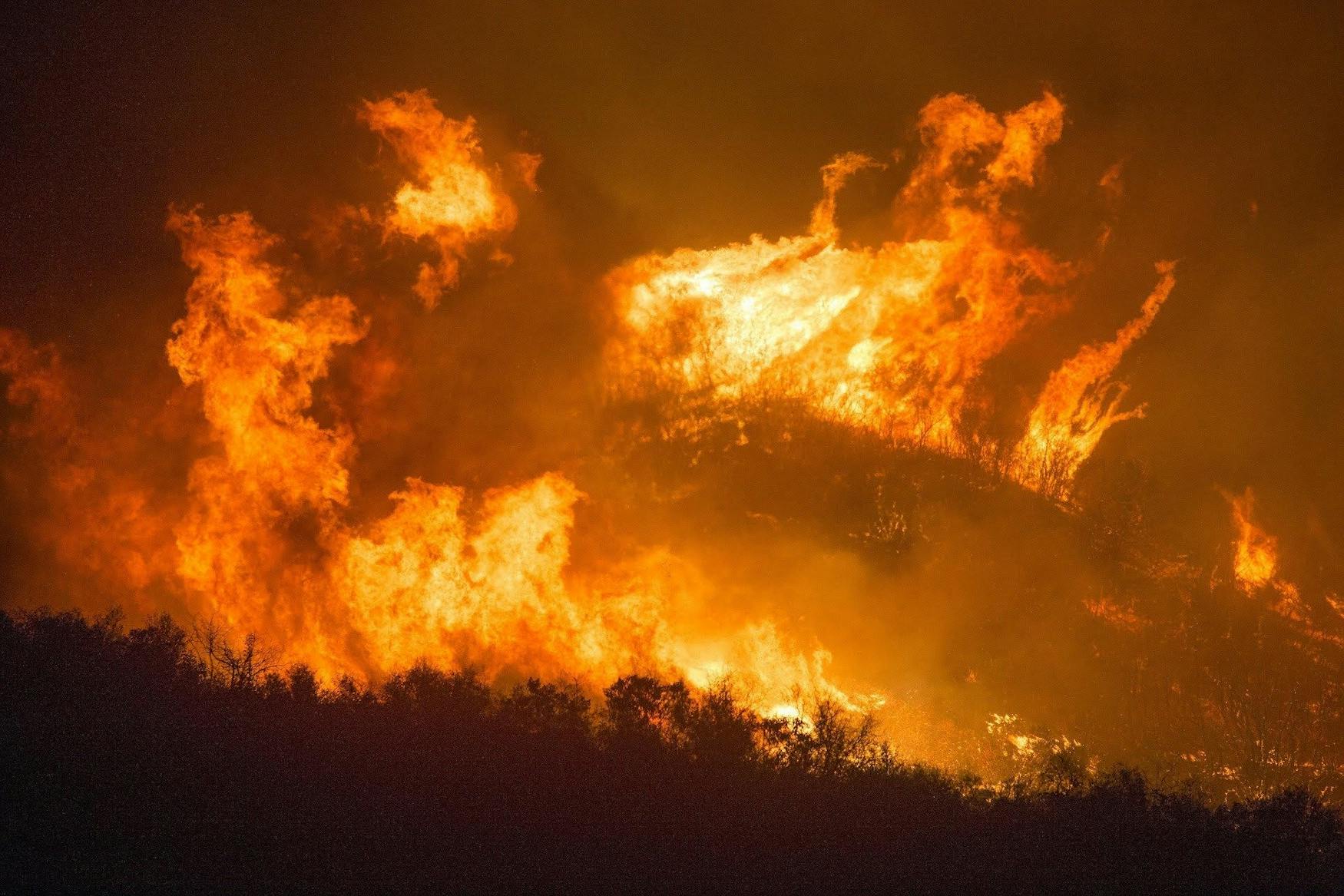Liar liar pants on fire
As if 2020 wasn’t bad enough, California is literally on fire. Wildfires have engulfed millions of acres of land across California, Oregon and Washington. These wildfires are the worst that California has seen in over 18 years, and it has been reported that San Francisco, Portland and Seattle have the worst air quality in the entire world. Oregon’s air quality is so poor that it has surpassed the state’s Air Quality Index scale, which is a tool used by the government to measure the level of pollution in the air. On this scale, the highest possible score an area can receive is 500 and is considered to be the most hazardous. The city of Sisters, Oregon, recently scored a 582. Back in August, major cities in Oregon were scoring an 11. I could continue to list depressing facts about this crisis. I could even mention how a firefighter lost their life to the El Dorado wildfire that began as a gender reveal party. No matter how many news organizations cover the horrors of the wildfires or middle-aged moms post a picture on Facebook “sending their prayers,” the only people who have the power to enact lasting change are our government officials.
Lucky for us, our commander-in-chief has this under control. President Donald J. Trump made a rather astute comment on the matter at McClellan Park, California, when pressed by California Secretary of Natural Resources Wade Crowfoot, about the dangers of ignoring climate change. His response? “Okay. It’ll start getting cooler.” As if that is not infurirating enough, Trump followed up by saying, “Well, I don’t think science knows, actually.” Now, no matter your opinions on Trump, I think both sides can agree that climate change is real. Or at the very least, something is wrong with our planet, given the recent increase in gigantic wildfires.
While it is fun (and mildly infuriating) to laugh at the president literally denying science, there is something much darker hidden beneath the surface of his remarks. There is a movement known as anti-intellectualism that is gaining ground in the United States. Anti-intellectualism is “a feeling of hostility and dislike towards intellectuals and intellectual activities,” according to Collins Dictionary. Ray Williams perfectly summed up the movement when he wrote that “An anti-intellectual is a person who believes that intellect and reason are less important than actions and emotions in solving practical problems and understanding reality.”
The anti-intellectualism movement has slowly been gaining momentum, with its main target now being science. Anti-intellectualists believe that science cannot be trusted and therefore we must rely on anecdotal evidence and emotions to guide our decision-making. Take for example anti-vaxxers. A growing number of parents in the United States have been making the conscious decision to not vaccinate their children. One popular argument is that anti-vaxxers do not understand what is being put into their child’s body and therefore are afraid of vaccines. When looking at the ingredients list for a particular vaccine, some may appear scary to someone who does not have advanced knowledge of chemistry. This is why we rely on scientists, who have dedicated years to studying these complex topics and not a group of moms on Facebook who have done their own “research” — spending 30 minutes on Google does not count, Karen.
Combining this mistrust of the scientific community with the reliance on anecdotal evidence can lead to disastrous results such as the resurgence of measles among young children. Or, in the case of Trump, his continuous denial of climate science will lead to irreparable damage if we do not take serious action soon to combat climate change.
Complex societies hinge on our ability to divide and conquer. Some people become doctors, others work in construction, allowing us to individually specialize and be great at our field and contribute to society. The anti-intellectualism movement is trying to argue that we cannot trust a whole segment of the workforce — that it is up to you to “do your own research” and come to your own conclusions about incredibly complicated issues like climate change. One individual cannot take on all of that responsibility, nor should they. This approach to life leads to groups like flat-earthers. I am not saying that you should blindly trust everything that you read; but maybe, when it comes to organic chemistry and quantum physics, you are not the most qualified person to give your opinion. Unless Trump has a degree in climate science that I am unaware of, he shouldn’t spout unfounded opinions that legitimize a movement that could be the demise of the United States.



Please note All comments are eligible for publication in The Justice.